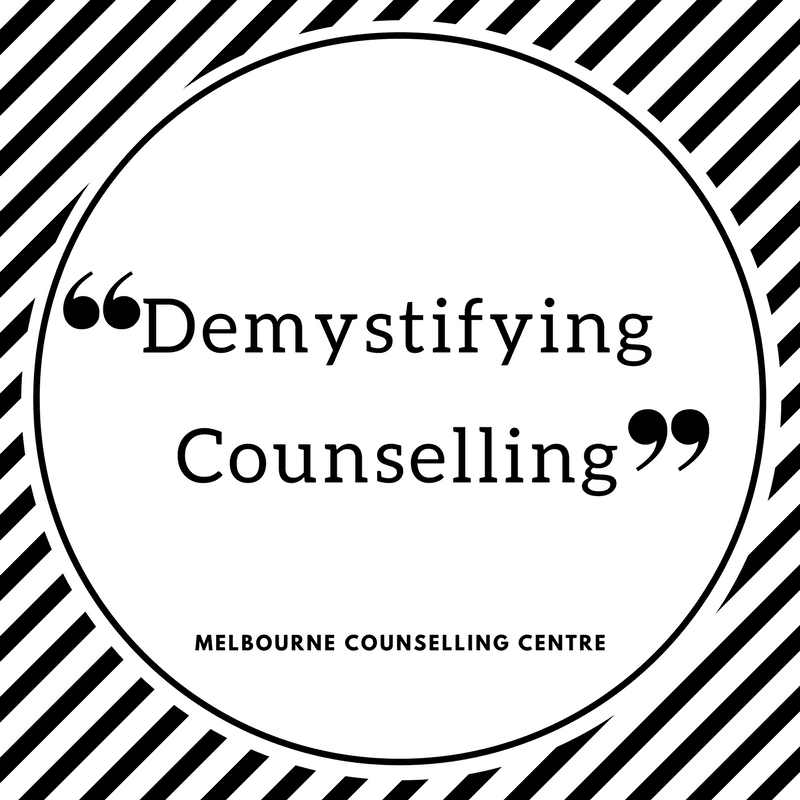How true are your thoughts?
Have you ever stopped to consider that your thoughts may be lying to you? It’s a strange idea because we are so committed to the idea that our thoughts are absolute truths. Yet what if you learnt that your thoughts and feelings don’t always tell the truth, and in fact they often lie to make situation worse than they really are. Your thoughts are incredibly powerful, and they exert an enormous influence in how you manage your life. They impact how you feel, and shape how you believe others see you. Thoughts can be way more powerful than actual events in your life. Here are just some of the ways your thoughts are lying to you.
Firstly, do you ever engage in ‘all or nothing’ thinking, also referred to as ‘black and white’ thinking? This is when you think something is all good or all bad, and there is nothing in between. A classic example of this is when a student believes that if they get an A on a test they are a great student, but if they get a B then they are no good at all. It’s easy to see the false logic in this argument. All it does is shift from one extreme position to another and in taking an absolute viewpoint there is no ability to reflect on all the other possibilities that exists within this context. Most life events are not ‘totally disastrous’ or ‘absolutely incredible’ the truth usually lies somewhere in the middle. The problem with this type of thinking is that it is emotionally arousing and moves us towards negative emotions. The thought is only your perception of the event and not an actual truth.
The next way your thoughts are lying to you is when something bad happens, and you believe it will always happen this way into the future. You link this one event to all future events and believe they will play out in exactly the same way. An example of this is if you are made redundant from a job and you say things to yourself like ‘I’ll never find another job’, or you experience an impatient person at the supermarket and believe that ‘Everyone is rude’.
You see this thought pattern in people who use words like, ‘always, never, no one, everyone or every time’ when discussing events. This is a negative thought pattern that can make you feel sad, frustrated and upset. Whilst it’s very common it is a false belief. Just because something happened one way, does not automatically mean that it will continue to happen that way into the future. When you hear yourself using these emphatic statements, take a moment to reflect and see if you can find other, less dogmatic ways to make sense of a situation.
Generalised negative thinking is another way your thoughts are lying to you. If you find yourself in a bad situation do you immediately go to the worst-case scenario and ignore all the good things that may emerge from this event? A good example of this is if you need to move cities for work and are devastated to be leaving your family and friends. You are not able to see all the new people you’ll meet, places you’ll get to experience and new friends you’ll make. You only focus on the loss of your current life. If you want to keep your mind healthy, then it’s important to focus on the good aspects of life much more than noticing all the unpleasant things all the time. Whilst it may be easier to see the negatives in situations it creates harm to yourself and those around you. Finding the positives, no matter how small, will help create a more easeful existence and helps you maintain perspective in your life.
How true are your thoughts? Are you one for predicating a negative outcome from a situation? Are you a mind reader about future events and pre-determine negative results before something happens? An example of this may be if you believe that ‘everyone will make fun of you when give a class presentation’, or ‘you are the slowest in the team’. This type of thinking sets up false assumptions about future events, and leaves you feeling anxious or nervous before something has even happened. This type of negative thinking damages your chances of feeling good about yourself and puts in you in a situation where you constantly self-sabotage. These type of thoughts are not true, they are just based on your own interpretations or assumptions, and like all negative thinking habits, work against you feeling good about yourself and achieving your goals. This mindreading also happens when you believe you know what another person is thinking before they have told you. Mindreading is one of the key reasons why people struggle in relationships, as there exists a false belief that what you are thinking is true. Ditch the mindreading and commit to communicating more openly and effectively.
Feelings have a way of distorting our thinking and thinking with your feelings can be a danger zone too. Whilst it’s good to be able to notice and feel your emotions, it’s just as important to be able to discern whether negative feelings about yourself are true, or are they false beliefs you hold about yourself? If you notice yourself say things like ‘I feel stupid’, ‘I feel like a failure’ or ‘I’m hopeless’ you can be assured these are not truths but long held beliefs that perhaps supported you at one time in your life but have now begun to work against you.
If you are not good at prioritising your own needs then guilty thoughts can be especially difficult to negotiate your way around. Having guilty thoughts will make you do things you you don’t want to do or can leave you feeling angry and resentful. You can hear the guilt in words like ‘should’, ‘must’, ‘have to’. It makes sense that if we tell ourselves we don’t want to do something then we are unlikely to enjoy it. Instead of being so demanding on yourself by using guilt to motivate, try to replace the guilty thoughts with ones that encourage you to action instead. And if you really are against doing something then learn to say ‘No’. It’s much harder at times to say no then to acquiesce but in the long run being honest and truthful will generally works best. If you must do or say things you are uncomfortable with, find ways to accept and let go of the situation you are in without harbouring ill feelings. This is where learning to forgive and accept pays huge dividends.
Labelling is another particularly effective way that we let negativity into our thoughts. Do you label either yourself or others as a way to justify what you think? Is the label warranted? How true is it? When you attach negative labels to others, or yourself, you take away the capacity to think clearly about that person or situation. Your attitudes and opinions become a slave to the label. When you label someone lazy, stupid or difficult you begin to see this aspect in everything they do and say, and automatically look for the worst in them. Without the label you can assess each situation on it’s own merit and find more balanced ways to think about yourself and others.
If you really want to wreck your life then adopt an attitude of blaming everyone else for all that happens in your life. People who are unhappy or dissatisfied in their lives have a tendency towards blaming. It is easy to blame and deflect all our wrongdoings or unfortunate experiences onto others. Just hearing those words ‘it’s not my fault’ is a strong indicator that a person is unwilling to take responsibility for their problems and, in doing so hands over all their personal power to others. Blaming essentially equals powerlessness, and being powerless means you don’t have the capability to change. If you don’t believe you have the capacity to change then you are defeated before you even begin. Blaming keeps people stuck and unable to move forward productively in their lives.
Yet, it goes without saying that our thoughts are not always unhelpful. They help us make sense of ourselves, and the environment we live in but only if your thoughts are balanced. It’s essential to allow space to critique them, reflect on them and use them in a fluid fashion. When used in a flexible way your thoughts can act as a sturdy guide through life, but if you are rigidly chained to negative thoughts and hang onto them regardless of evidence to the contrary you will find your thoughts ruling your life in unsatisfying and endlessly critical ways. Anytime your thoughts are sabotaging you, are so intense and crazy you can’t slow them down or they are making you feel bad you can take this as a sign they are not true. Slow down and challenge them one by one, bit by bit until you can see all the facets of a situation not just one angle.


